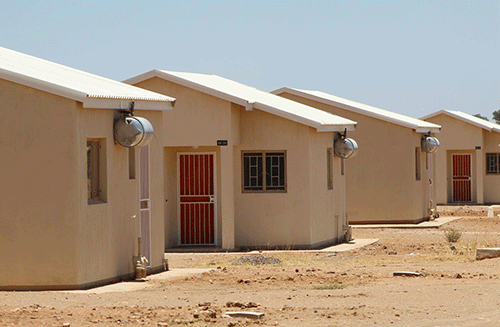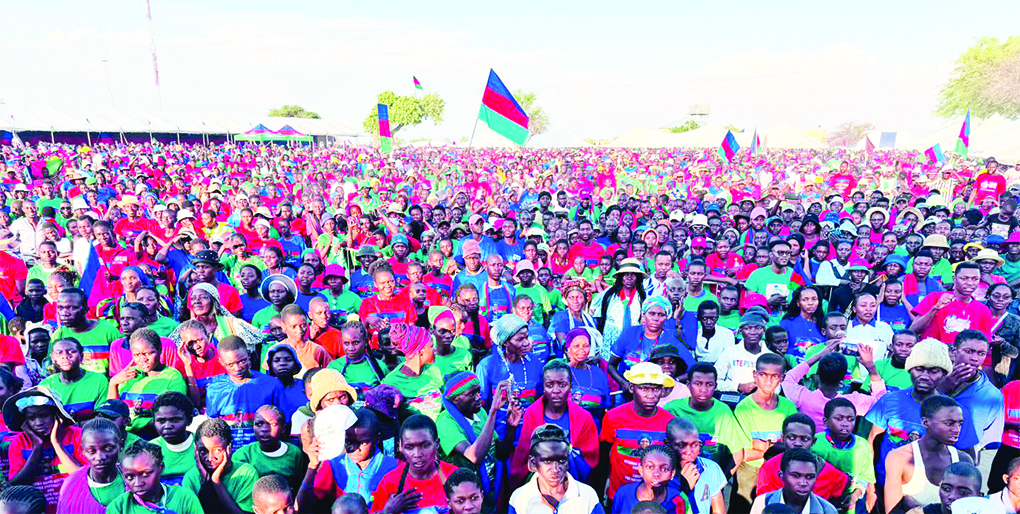‘LAW enforcement agents and other state actors are the greatest violators of sex workers’ human rights.’
This is one of the key findings of a report on the human rights of sex workers in Botswana, Namibia and South Africa, titled ‘Rights Not Rescue’.
The report, launched on Tuesday by the Open Society Initiative for Southern Africa and the Rainbow Project, calls on the three countries to decriminalise sex work, and to ensure that the antidiscrimination and human rights of sex workers are upheld by state agents such as police and health clinic staff.’Governments should recognise and address the relationship between criminalising sex work and the human rights violations that result from these laws and policies. Law reform must include repealing national and local laws against sex work and activities surrounding sex work,’ the report recommends.The report is based on interviews and focus groups with 89 adult sex workers, ‘who have chosen sex work as their primary occupation’.Citing police violence, unlawful arrest, detention and incarceration, extortion, and the systematic targeting and discrimination of migrant, transgender and male sex workers, the report also calls on Governments to ‘hold police accountable’.’Appropriate disciplinary measures must be taken against police officers who misuse their position and power to extort money and sex from sex workers, subject them to degrading treatment, illegally detain them, or otherwise abuse their human rights,’ it argues.A Windhoek-based transgender sex worker by the name of Amor is quoted in the report as saying: ‘The police arrest us, beat us up and take advantage by raping us. But you can’t do anything against it. They say, ‘You are a sex worker – what were you doing?’ I saw it happen to several of my sex worker friends: ladies, moffies and lesbians.’The report goes on to say that in addition to forced unprotected sex, police officers also confiscate or destroy the sex workers’ condoms, thereby compromising their ability to protect their health, and ‘use arrest as a means to extort money from them’.Because of the abuse experienced by sex workers at the hands of law enforcement officials, the report adds that in addition to police abuse, sex workers become afraid and reluctant to approach the authorities for personal or work-related cases of abuse, rape and other forms of violence.’Sex workers have no recourse when the people who abuse them are police officers. Additionally, the general public is well aware that sex workers cannot access protection of the law and this fosters a climate of impunity of community members who perpetrate violence against sex workers,’ says the report.It states that sex workers, in general, often face high levels of violence; that they are unlikely to receive police protection when a crime is committed against them; and that when they do organise to protect themselves, police undermine this solidarity by arresting them.To overcome police aggression – just one of several human rights abuses cited in the study – authors Jayne Arnott and Anna-Louise Cargo make several recommendations to Government, Civil Society and funders.In addition to calling for the decriminalisation of sex work and for holding police accountable, the report also calls for Governments to ‘invest in evidence-based and rights-based health initiatives for sex workers’, to train police and health clinic staff against the discrimination and abuse of sex workers, to provide access to police protection by sex workers, and to ‘oppose policies implemented through police raids against sex workers’.It also makes a call to civil society organisations to advocate for the human rights of sex workers and for programmes that reduce HIV transmission, as well as to support sex worker-led programmes and initiatives and seek redress of human and labour rights violations of sex workers.nangula@namibian.com.na
Stay informed with The Namibian – your source for credible journalism. Get in-depth reporting and opinions for
only N$85 a month. Invest in journalism, invest in democracy –
Subscribe Now!










